On Genesis, Part 35: A Proper Marriage

On Genesis, Part 35: A Proper Marriage
Discussing Genesis chapter 23 and the cave in Hebron which Abraham had purchased from the Hittites in order to bury his wife, we made an analogy by cross-referencing a statement concerning Abraham, and especially Sarah, which is found in Isaiah chapter 51. Perhaps the analogy was not decent, or appropriate for children, but it is nonetheless true. As it is in Isaiah, we can look at all of our mothers as a figurative pit from which we had emerged, as Sarah was described in that manner. Then we could only pray that our fathers are rocks like Abraham, who seems never to have wavered in his faith, and for that reason alone he was considered righteous by Yahweh God. But that does not mean that a woman is a mere pit, and in the end, as we also continued our analogy of the cave which Abraham had bought, all men also ultimately end up in some sort of pit, or at least, they all return to the dust and ashes from which they were made. However a proper woman is certainly more than a hole, and the grave is also More Than a Hole, at least for the children of Yahweh. So for that reason especially, both our women and our deceased ancestors should be venerated, because Yahweh shall once again raise all of those who have maintained the sanctity of their race out of the pit. It would be appropriate to repeat the analogy when we contrast Jacob and Esau in light of the actions of Rebekah, but perhaps we shall leave it here.
Now, coming to Genesis chapter 24, we have already discussed the first few verses of the chapter, in order to describe what should have been the first example to Esau as well as to all of the future progeny of Isaac. The example made here should have been followed by all of the seed of Abraham and Sarah, if they had indeed venerated and honored their ancestors, since if they seek the righteousness of God they are instructed to “1 … look unto the rock whence ye are hewn, and to the hole of the pit whence ye are digged. 2 Look unto Abraham your father, and unto Sarah that bare you: for I called him alone, and blessed him, and increased him”, as it is written in that chapter of Isaiah. The only way we can look unto them is to examine these accounts and consider the lessons which they offer, and the only way we can honor them is to imitate them, having learned from those lessons. Sarah knew that the son of a bondwoman should not have any shared inheritance with her son, and Abraham knew that Isaac should marry a woman of his own race, a woman who was much more than a mere hole, because thereby a man would only be committing fornication rather than being engaged in a proper marriage.






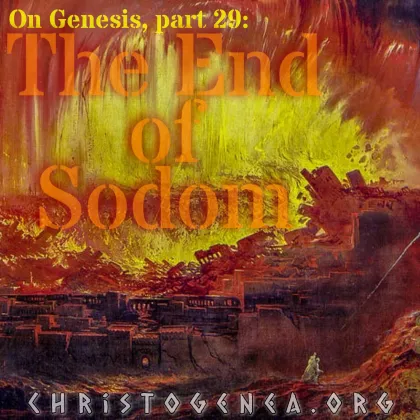
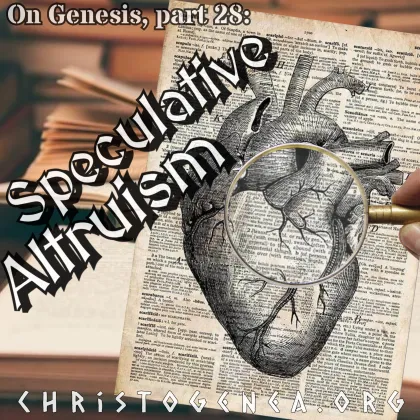
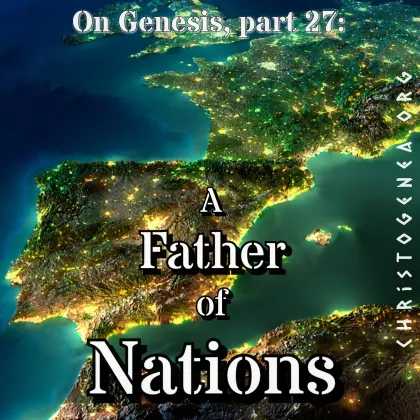
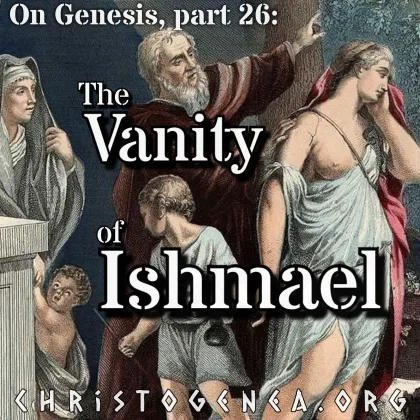
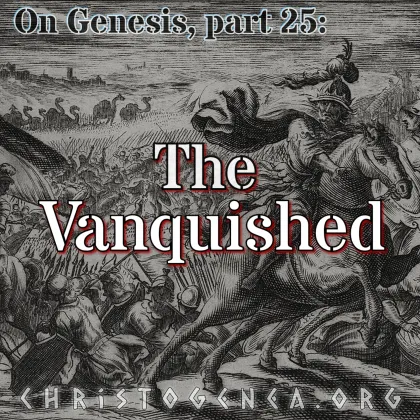


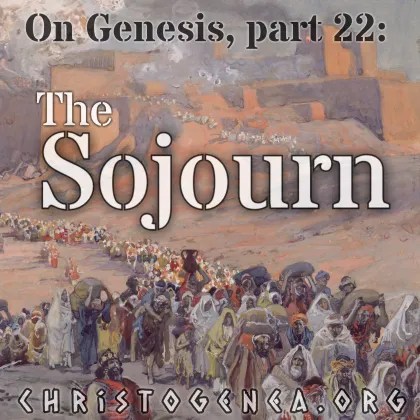
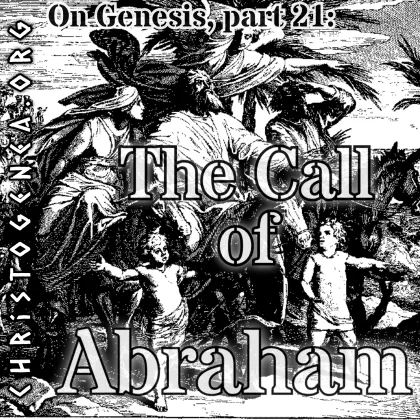
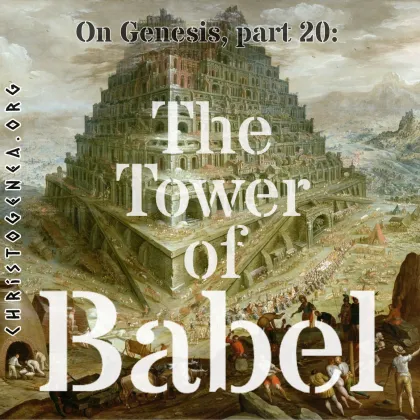
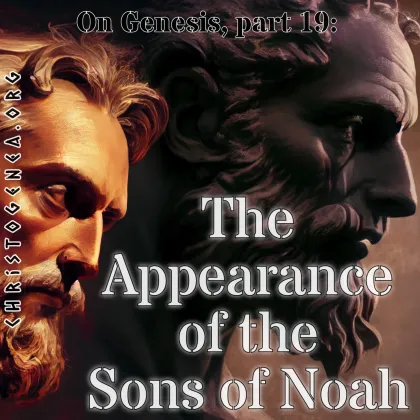
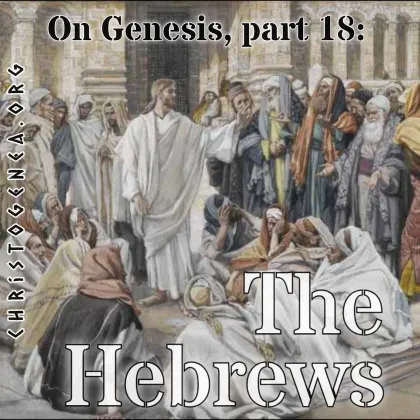
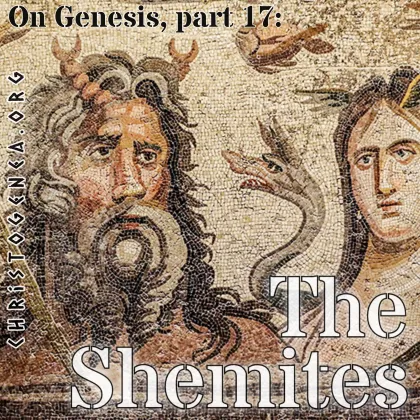
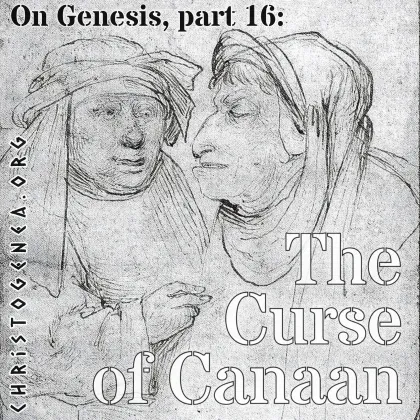




 Please click here for our mailing list sign-up page.
Please click here for our mailing list sign-up page.







